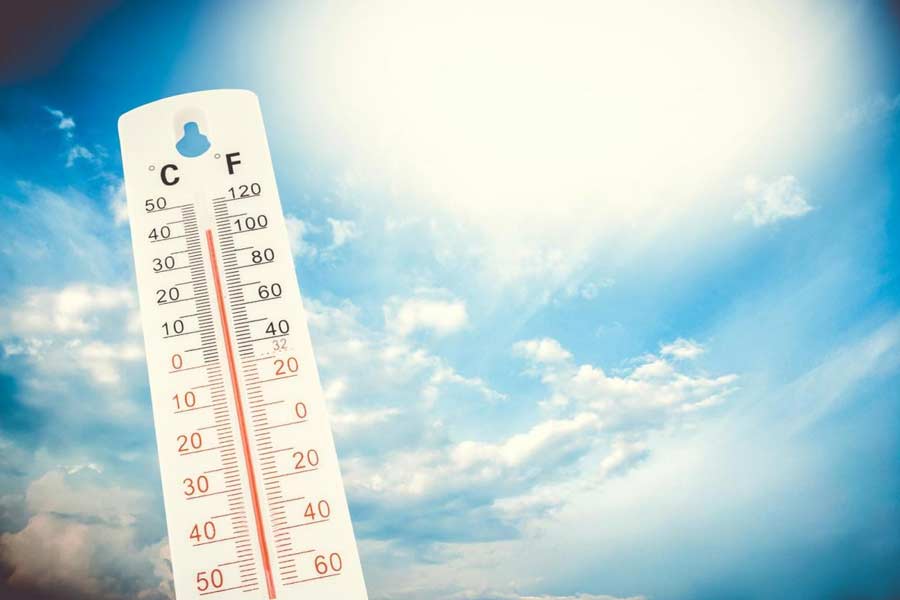Researchers have found that there is a 95 per cent chance of global average surface temperatures setting new historical records during the 2023-24 winter.
The researchers at the Institute of Atmospheric Physics, Chinese Academy of Sciences, China, also said that regions in the mid-low latitudes of Eurasia and most parts of the Americas were likely to experience an exceptionally warm winter.
They have attributed these likely outcomes to an imminent maturity of a moderate to strong Eastern Pacific El Nino during the upcoming northern hemisphere winter.
This strong El Nino event is poised to trigger anomalous anticyclone activity in the Northwest Pacific, thereby influencing the winter climates of East Asia and North America, the researchers said in their study published in the journal Advances in Atmospheric Sciences.
They have also predicted surface temperatures in China to be more than double the usual temperatures, potentially setting the highest winter temperature record since 1991.
The scientists said they wanted to address concerns whether the world would witness the warmest winter in the year 2023, which has seen scorching heatwaves during the summer and autumn months.
These months were marked by extreme temperatures and a consistent global warming trend across oceans and landmasses, they said.
For example, the global average temperature from June to October 2023 surpassed the 1991-2020 average by 0.57 degrees Celsius, the researchers said.
They said that the temperature soared even higher in August and September, exceeding historical averages by 0.62 and 0.69 degrees Celsius, respectively, and eclipsing the records set in 2016.
Amidst global warming, the reemergence of the El Nino phenomenon after seven years has added fuel to the heat, sparking widespread interest in the upcoming winter trends for 2023-24, the researchers said.
Except for the headline, this story has not been edited by The Telegraph Online staff and has been published from a syndicated feed.











